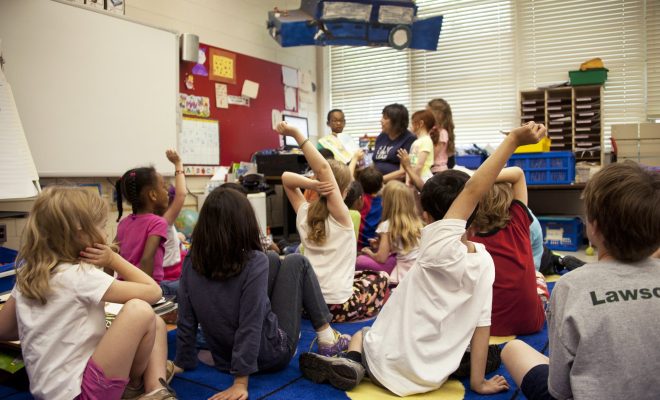Free Poster: Negative Student Behaviors Aren’t Always What They Seem

Introduction
Dealing with negative student behaviors is an inevitable challenge for teachers and educators. On the surface, it may seem like there is a simple answer to address the unruly actions, but often, these behaviors aren’t always what they seem. It’s essential to recognize that the root cause might be hidden beneath the apparent act of disobedience or disruption. This article will explore various dimensions of negative student behavior, highlighting potential misconceptions and possible strategies for understanding and addressing these behaviors more effectively.
Misconceptions About Negative Student Behavior
1. Disruptive behavior is a sign of defiance: While it may appear that a student is trying to defy authority or disrupt the classroom environment intentionally, their behavior could be an expression of frustration, anxiety, or other underlying issues that prevent them from comprehending or following instructions.
2. Poor academic performance is due to a lack of effort: Some students struggle academically, not because they aren’t trying hard enough but because they face learning disabilities or other factors that make grasping certain concepts difficult.
3. Fidgeting indicates lack of interest: Fidgety students can be easily misinterpreted as uninterested or disengaged in class material. However, studies have shown that fidgeting can sometimes help students with attention deficits to better concentrate and absorb information.
Understanding the Hidden Causes
To address negative student behavior more effectively, educators should consider potential underlying factors contributing to those actions:
1. Anxiety and stress: Emotional turbulence can lead students to exhibit symptoms such as aggression, social withdrawal, or disruptive behavior in class.
2. Learning disabilities: Students with learning disabilities like ADHD, dyslexia or autism may display unconventional behaviors due to challenges in understanding and processing information.
3. Environmental factors: Students’ home lives may bear significant impact on their classroom conduct. Divorce, abuse, poverty or other troubling situations outside the classroom can lead to negative behavior.
4. Communication difficulties: Some students may have trouble expressing themselves verbally or nonverbally, which can result in frustration and eventual misbehavior.
Strategies for Addressing Negative Behaviors
1. Adopt a proactive approach: Creating an inclusive, supportive, and positive classroom environment is crucial to prevent disruptive behaviors before they manifest. Establish clear expectations and rules, and communicate them effectively to your students from the outset.
2. Know your students: Building strong relationships with your students can help you better understand the contributing factors to any negative behavior patterns. Show empathy, be attentive, and listen to their concerns to build trust and mutual respect.
3. Individualize behavioral interventions: Tailoring specific interventions to individual circumstances can yield more meaningful results. For instance, students who struggle academically might benefit from targeted extra support or accommodations in class assignments or tests.
4. Engage in open communication: Encourage open discussions with parents or guardians of students exhibiting negative behaviors. Work collaboratively with families to develop strategies for supporting student growth both inside and outside the classroom.
Conclusion
Negative student behaviors often have deeper causes than what is visible on the surface. By identifying these hidden factors and employing thoughtful strategies, educators can help these students find better ways to cope with underlying issues that may present themselves as disruptive conduct in their learning environment. Investing time and effort in understanding the complexities of student behavior can foster healthier school communities and create long-lasting positive change in students’ lives.






